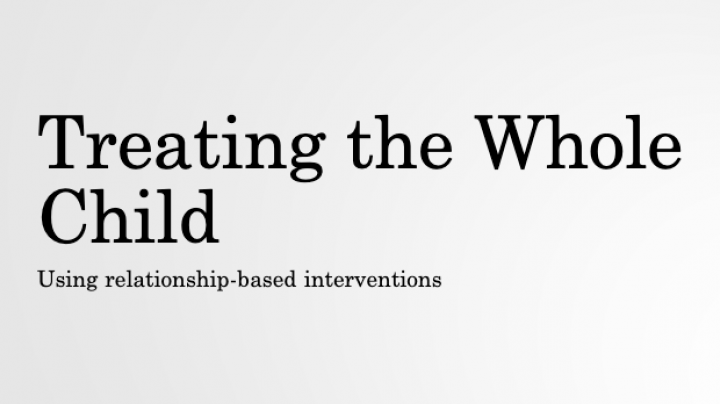Parent-Child Interaction Therapy (PCIT)
When to Refer a Child to PCIT
Consider referring to PCIT:
Find a PCIT Provider
Locate a PCIT provider in our IECMH Clinician Directory in your area that you can refer a family to.
What Happens During PCIT
During PCIT sessions, the clinician actively coaches the parent on behavioral management techniques that help their child feel more secure.
- The first phase of treatment – Child-Directed Interaction (CDI). Parents learn special play therapy skills to use while interacting with their child.
- The second phase of treatment – Parent-Directed Interaction (PDI). Parents learn a discipline protocol that helps their child to follow directions through simple, clear instructions and immediate consequences for compliance and non-compliance.
Why PCIT
- PCIT is a preferred treatment method for young children with emotional or behavioral concerns.
- PCIT is rated highly on California Evidence-Based Clearinghouse.
- Over 400 studies nationwide on PCIT with children who have been maltreated or at-risk, have experienced serious physical abuse, have serious mental health needs, and in ethnic minority populations.
- PCIT has been shown to significantly reduce behavioral problems at home and at school.
- PCIT has been found effective with physically abusive parents.
PCIT modality
NRPVYC supports two modalities of Parent-Child Interaction Therapy.
PCIT Resources
Find guides, brochures, and videos on PCIT to support your work in serving young children across Nebraska.
PCIT Informational Overview Webinars
A free one-hour webinar to learn more about PCIT International and IoWA-PCIT, and how these treatments benefit young children and families.
Become a PCIT Provider
You can become trained to provide Parent-Child Interaction Therapy (PCIT) in your clinical practice.
Explore Other Available IECMH Services
Find information on the other evidence-based IECMH services in Nebraska.

